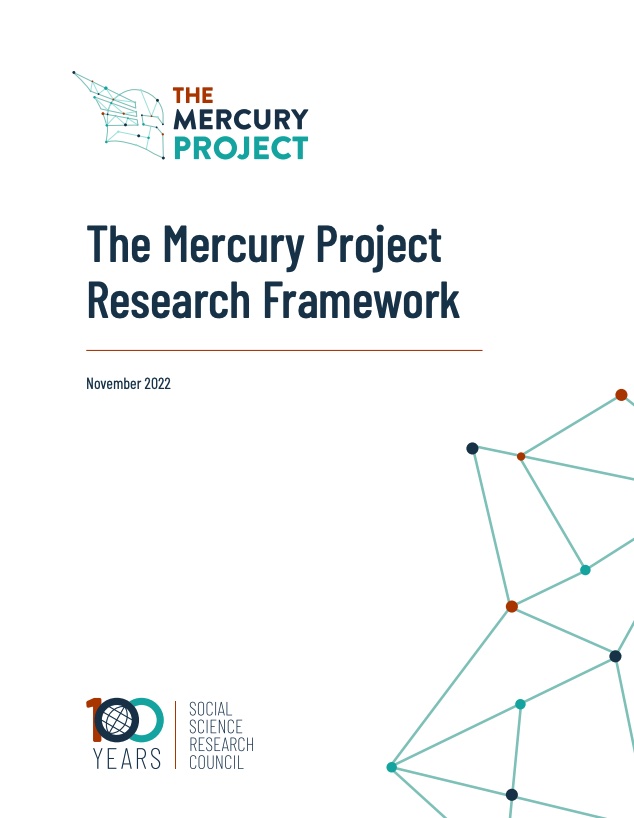ABSTRACT
Addressing critical public health challenges, including infectious disease outbreaks and chronic conditions, is essential for societal well-being. Yet, the uptake of vital healthcare resources like vaccines and screenings often falls short. Developing evidence-based interventions to promote positive health behaviors is imperative. To guide effective public health efforts, it is crucial to understand why behavioral interventions succeed in some contexts but not in others, and to examine when deploying a given intervention will be most successful in the field. Our interdisciplinary project combines insights from psychology and behavioral economics, to understand when and among whom behavioral interventions can effectively change individuals’ health behaviors in natural settings as well as how to optimally combine different types of interventions. Leveraging large-scale randomized controlled trials (RCTs), lab experiments, archival data, and machine learning, we will examine a wide range of consequential health behaviors (Covid-19 and flu vaccinations, cancer screening uptake, chronic condition management). The resulting knowledge will help develop nuanced theories of health decision making and advance the scientific frontier of building demand for vaccines and preventive screenings while also helping explain why promising scientific findings fail to replicate in certain settings. Ultimately, this research has the potential to enhance the impact and reach of public health initiatives by offering actionable insights for customizing interventions to specific sub-populations and temporal contexts.


